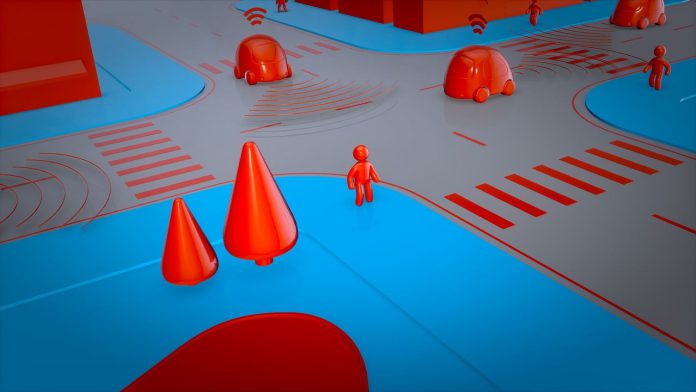The Future of Autonomous Vehicles is Rooted in Trust
This post is also available in:  עברית (Hebrew)
עברית (Hebrew)
Fully autonomous vehicles are getting closer and closer to being a reality and are promoted as a way to make road travel dramatically safer. However, people don’t trust them yet.
A recent study published in the Journal of Risk Research shows that what is needed for people to appreciate the benefits of such cars is promoting trust, not just adding knowledge. This adds to other research showing that knowledge alone is not enough to sway people’s attitudes toward complex technology and science, but rather trust in the reliability and performance of autonomous vehicles has the strongest role in improving perceptions of the technology’s risk.
That may be critical to whether this technology will ever be realized, said lead author Kathryn Robinson-Tay. “Autonomous vehicles are such consumer-oriented products. Whether they are used or not is really dependent on whether people will buy them… We found there was no significant relationship between people’s knowledge and their risk perceptions of autonomous vehicles—without the mediation of trust.”
According to Techxplore, experts estimate that fully autonomous vehicles being available for the public could improve traffic safety by 90%, but that estimation depends on their wide adoption. Nowadays, however, perceptions of their safety are very low, with a 2022 Pew Research poll showing that 44% of Americans have a negative view of autonomous vehicles.
For the purpose of this study, Robinson-Tay and her team conducted a representative cross-sectional survey of 323 US adults, in which they answered questions about their knowledge and perceptions of autonomous vehicles and their risk. The main conclusions were that while trust was the most influential factor, people’s desire to experience using fully autonomous vehicles also led to improved perceptions of risk.
Another major factor for the public unease with autonomous vehicles is the extensive news coverage of accidents involving partially autonomous vehicles. Advising professor Wei Peng stated: “Accidents happen all the time on the road every day, but people tend to overestimate the risk of something that’s new, or that they’re less familiar with.”
The study’s findings lead to the conclusion that the public needs to build trust if fully autonomous vehicles are to ever take to the roads. “Proponents should do their best to communicate the benefits, and the risks, of autonomous vehicles in an effort to increase both knowledge and trust,” concluded Robinson-Tay. “It’s really important to communicate as honestly as possible so people can have a balanced understanding of what they’re exactly getting into with purchasing one.”


